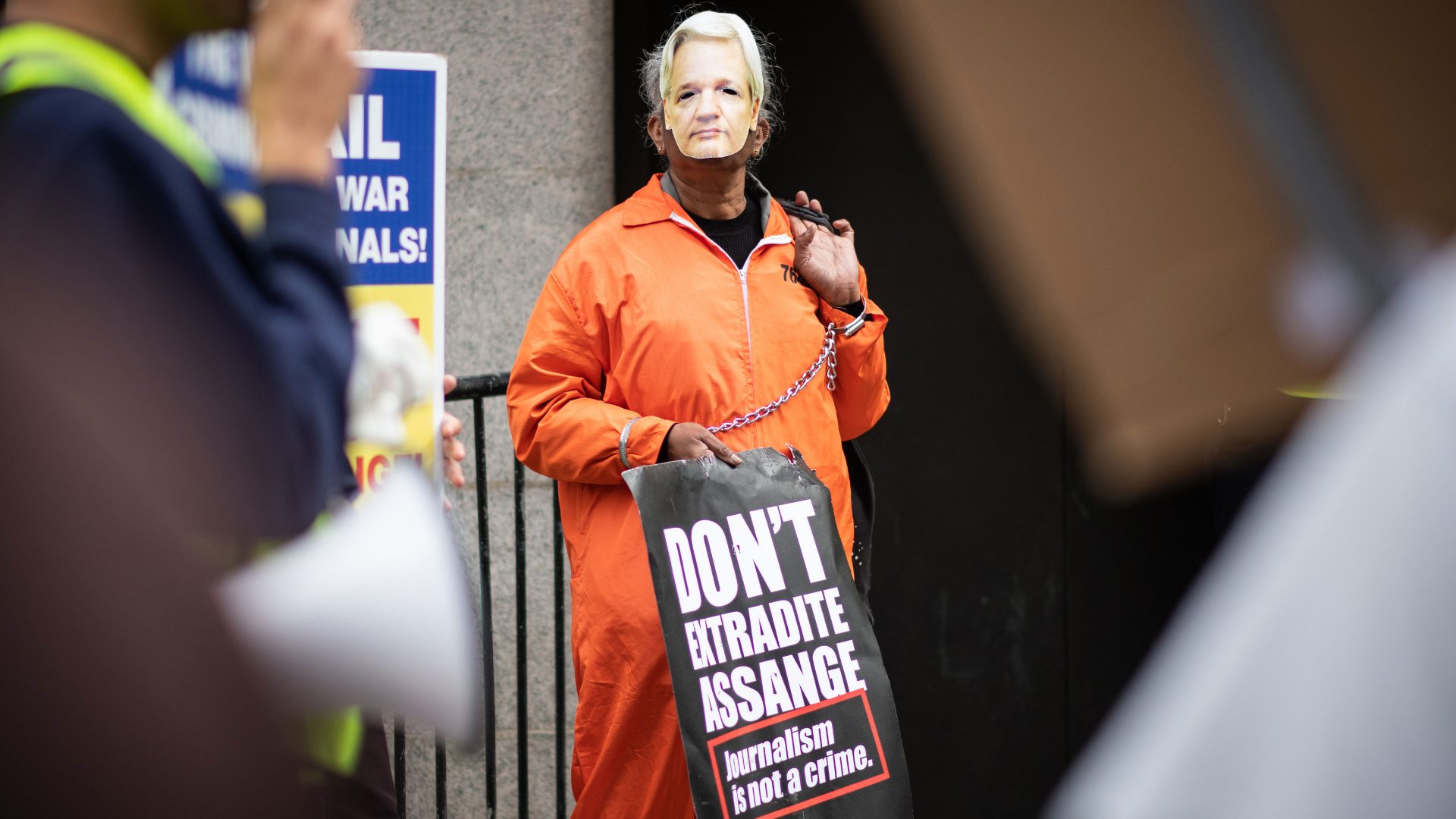As Liz Truss takes office, she has a right mess to sort out when it comes to foreign policy and defence. And despite her current job title, most of it is not of her own making.
It’s hard to remember now, but there were in fact three Johnson administrations. First, there was the Johnson-Cummings regime, with its aspirations to destroy Whitehall as we know it and become a tech superpower.
Then there was Johnson-Rosenfield, as the doughty ex-civil servant sought to undo the damage wreaked by Cummings’ “weirdos and misfits”.
Finally, there was Johnson-Harri – the regime of crisis that couldn’t stick to its story for 24 hours and lost control of everything as it slid towards disaster. E
ach of these regimes left its mark on foreign policy.
The first was responsible for the Integrated Review – an intellectual mega-document that declared the rules-based global order defunct, and committed Britain to the “Indo-Pacific tilt” at the exact moment Vladimir Putin was massing his forces in the Black Sea.
The second was responsible for the Kabul debacle – which saw the Foreign Office “missing in action”, as the title of a Foreign Affairs Committee report suggests, and Johnson scrambling to get stray dogs out of the Afghan capital ahead of British army interpreters.
The third saw Liz Truss made foreign secretary and responsible for handling the Ukraine crisis. Though they dragged their feet on sanctions, the Tory government was quick off the mark in arming Ukraine, and – more importantly – transmitting into the western alliance the belief that it could stop Putin and, with arms and aid, effectively defend itself.
Six months on, the payoff for this stance is clear. Ukraine is using long-range heavy weapons to stall and even push back Putin’s armies – something that would have been unthinkable in the early weeks of the war.
It was clear, too, from her Mansion House speech in April that Truss had made an Atlanticist reinterpretation of the Integrated Review: she called for more resources for defence, hard diplomacy to face down Russia in Europe and, most importantly, recast Britain as a creator of strategic alliances.
This, for the attentive, stood in marked contrast to Johnson’s original vision for post-Brexit Britain, as a shapeshifter dedicated to disrupting other people’s alliances, which the outgoing PM had portrayed in his Greenwich speech on the eve of the pandemic.
So while the first weeks of the Truss administration look destined to be consumed by the cost-of-living crisis, on the foreign and defence front they offer an opportunity for change.
The armed forces are clamouring for more money and greater service numbers. Defence procurement is in a mixture of stasis and crisis – with the government still considering building three Royal Navy support ships in India, not Britain, and with the fiasco of the Ajax fighting vehicle still not resolved. Meanwhile, inflation is eating away at the Tory commitment to spend above 2% of GDP on defence.
Truss has pledged to raise defence spending to 3% by 2030. If that seems slow, compared with the urgency of the global crisis – with Taiwan in the crosshairs alongside Ukraine – it is because Britain’s defence industrial base is so denuded that, as the defence secretary, Ben Wallace, put it, he wouldn’t be able to spend the money even if he was given it.
So the first thing Truss needs to do, if we’re to take her commitment to defence seriously, is to make a series of tough decisions and appoint a defence secretary who believes in them.
First – sort out the disaster of the Ajax programme. These 589 hi-tech vehicles are supposed to be the backbone of a 21st-century fighting force that uses sensors and long-range artillery – the so-called Deep Recce Strike Brigade. With more than £5bn spent so far, more than 100 defects still unresolved and not a single vehicle delivered, if you were going to cancel the project, the first weeks of a new government would be the time to do it.
That would be tough news to take at the General Dynamics plant in Merthyr, where the programme is based – but if it doesn’t work, it doesn’t work.
Second, reverse the cuts made under Cameron, May and Johnson to the armed forces. This is a long-standing Labour demand, and makes sense. The army’s new chief of the general staff has said it would be “perverse” to go on shrinking numbers. With the armed forces increasingly called on for domestic crisis management, it makes sense to restore army numbers to at least the 82,000 they stood at in 2015.
Third, build diplomatic bridges rapidly, and with humility, with Paris, Berlin and Brussels. It’s one thing to have engineered the Aukus submarine deal, annoying the hell out of France in the process. It’s another thing altogether to have questioned whether President Macron is “friend or foe”. Truss should use the end of her campaign and the start of her (hopefully brief) time as PM to reset relationships with the Élysée Palace. We are a little over two years from the US presidential election. If Britain ends up stranded between an isolationist Republican president in 2024, and a Europe that cannot project a coherent geopolitical line in the face of Russian aggression, that would be a disastrous place for the UK.
Finally, Truss should show clemency for Julian Assange. I despise his offer to help Trump over Hillary Clinton’s hacked emails, and the Putinophilia of some of his closest supporters. But the extradition is unjust: it’s extending US laws aimed at spies to a publisher and a journalist.
If it goes ahead, placing Assange’s life in danger inside the US penal system, it will be a massive propaganda gift for Britain’s enemies. The home secretary has the final say. Truss should use her moment of victory to let Assange walk free.
Truss knows the foreign, security and defence landscape in detail. Johnson could never execute the simplest diplomatic gambit because he was a stranger to detail.
True, the auguries are not great, given Truss managed to misidentify two Russian provinces in her last meeting with Sergei Lavrov, and has managed to insult the French Republic’s head of state.
Truss at least has the chance to signal to our allies and enemies that they can expect seriousness, decisiveness and coherence in security, defence and diplomacy.
But don’t hold your breath.




